2 years after the 2022 Winter Olympics, a final decision regarding Kamila Valieva, the fifteen-year-old Russian figure skater who was caught doping, has been made by the Court Arbitration for Sport (CAS).
On Monday, January 29, CAS published a media release announcing that Valieva was “found to have committed an anti-doping rule violation” and is ineligible to compete and even skate on public ice for 4 years.
Valieva has been “stripped of all titles and medals proceeding this date, including all of her major senior titles.”
The ban began on December 25, 2021 (when her positive sample was collected), so Valieva has already served most of it. But until December 2025, her involvement in government or state-funded shows and projects will “be viewed as a direct violation of this ban.”
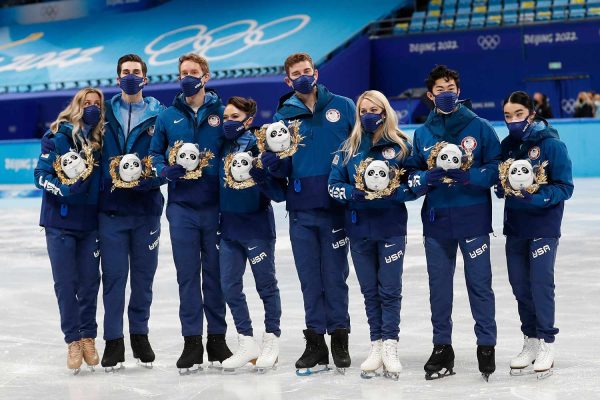
The ISU (International Skating Union) has registered the disqualifications, altering the Beijing 2022 team results. Team USA is now the official winner of the team figure skating and Team Japan is second.
Described as the “queen of figure skating,” a “once in a lifetime talent,” and the “greatest skater of her generation,” Valieva captured the crowd’s hearts with her artistry, flexibility, spins, quadruple jumps, triple axel, and overall performance.
However, at the Russian Figure Skating Championships in December 2021, Valieva tested positive for trimetazidine: a banned heart medication that is known to improve physical efficiency and endurance, allowing athletes to train longer and harder.
Valieva was notified of the positive test after she helped the Russian Olympic Committee (ROC) place first in the team event at the 2022 Winter Olympics.
Valieva’s lawyer claimed she accidentally ingested the trimetazidine her grandfather was taking, and CAS allowed Valieva to continue participating in the women’s single skating. Until the case was heard, her results in the team and individual events were provisional.
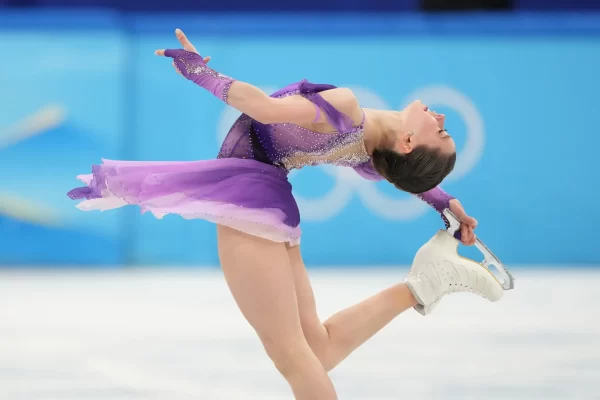
After an uncharacteristic free skate full of falls and deductions, Valieva placed fourth. “Well, at least the [medal] ceremony will not be canceled,” she commented before breaking into tears as she saw her score.
Numerous proceedings followed Valieva’s case. Though the Russian Anti-Doping Agency found “no fault or negligence” by Valieva, the World Anti-Doping Agency (WADA) appealed to disqualify and suspend her. CAS is now upholding that appeal.
CAS also stated that Valieva’s age (she was 15 at the time of the test), isn’t a reason to reduce her punishment, and all of her competitive results since the date of her positive test have been disqualified.
Valieva’s 2021-2022 season wins in the Rostelecom Cup, Skate Canada, and Finlandia Trophy are now invalid, and her first-place titles will be going to veteran figure skater Elizaveta Tuktamysheva who received silver.
However, Valieva will still keep her Junior titles from the 2019-2020 season: first place at the World Junior Championships, Russian Junior Championships, Junior Grand Prix Final, and Junior Grand Prix France.
Fans are calling out Tutberidze, who has a known history of mistreating her students and causing them to retire early at ages 17 to 19 (known as the “Eteri expiration date” in the figure skating world).
Smaller, leaner skaters have an easier time jumping quadruples, and puberty is viewed negatively. So, some coaches (especially Tutberidze) opt for restricting athletes’ diets instead of teaching the correct jumping technique.
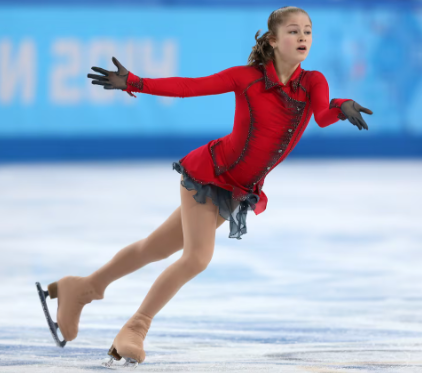
Gold medalist at the 2014 Sochi Olympics, Yulia Lipnitskaya, was coached by Tutberidze and kept on an all-powder diet to stay in shape. Lipnitskaya retired at 19 because of her anorexia, requiring hospitalization and three months of treatment.
Unfortunately, Lipnitskaya’s case is not rare. Evgenia Medvedeva, the silver medalist at the 2018 Pyeongchang Olympics, also spoke about her restrictive diets and injuries. “Now I can’t eat after 6:00 p.m. like I used to,” she shared in an interview before Pyeongchang.
Medvedeva has since developed a healthier relationship with food; however, her body is still facing the repercussions of training 12 hours a day. Now, she can only able to turn her back in one direction and has retired from competitive skating.
Valieva has not made an official statement about the ruling, though Tutberidze and Medvedeva have defended her online. Tutberidze wrote: “I, like no one else, want to know what happened to Kamila and how this substance entered her body. All my athletes have been and remain clean.”
Tutberidze continued, “I have no questions for Kamila; she is a child … I will continue to support her in every possible way … Did anyone defend Kamila at the hearings? Because there couldn’t have been a worse verdict.”
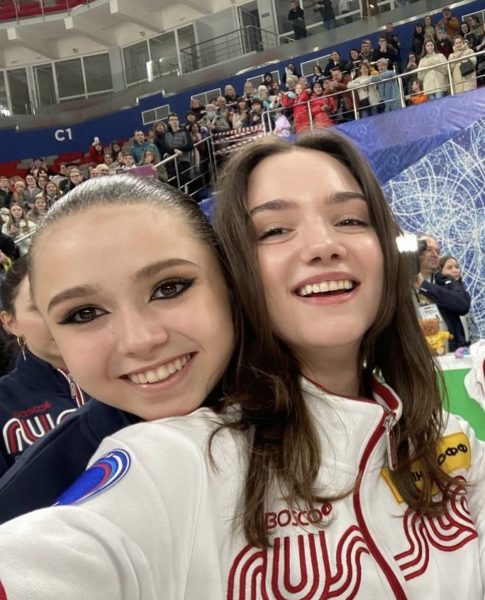
Medvedeva cited her memories with Valieva in Beijing: “I remember how much [Kamila] was worried and upset at the same time, not understanding what was going on. This is not how an athlete who purposely used doping behaves … And I am very sorry that an athlete who has not made any mistakes is purposely deprived of medals.”
Perhaps nobody will ever know how Valieva ended up with banned heart medicine in her sample. The world can only hope she will be able to find peace after her heartbreaking experience at the Olympics and life-changing ruling years later.




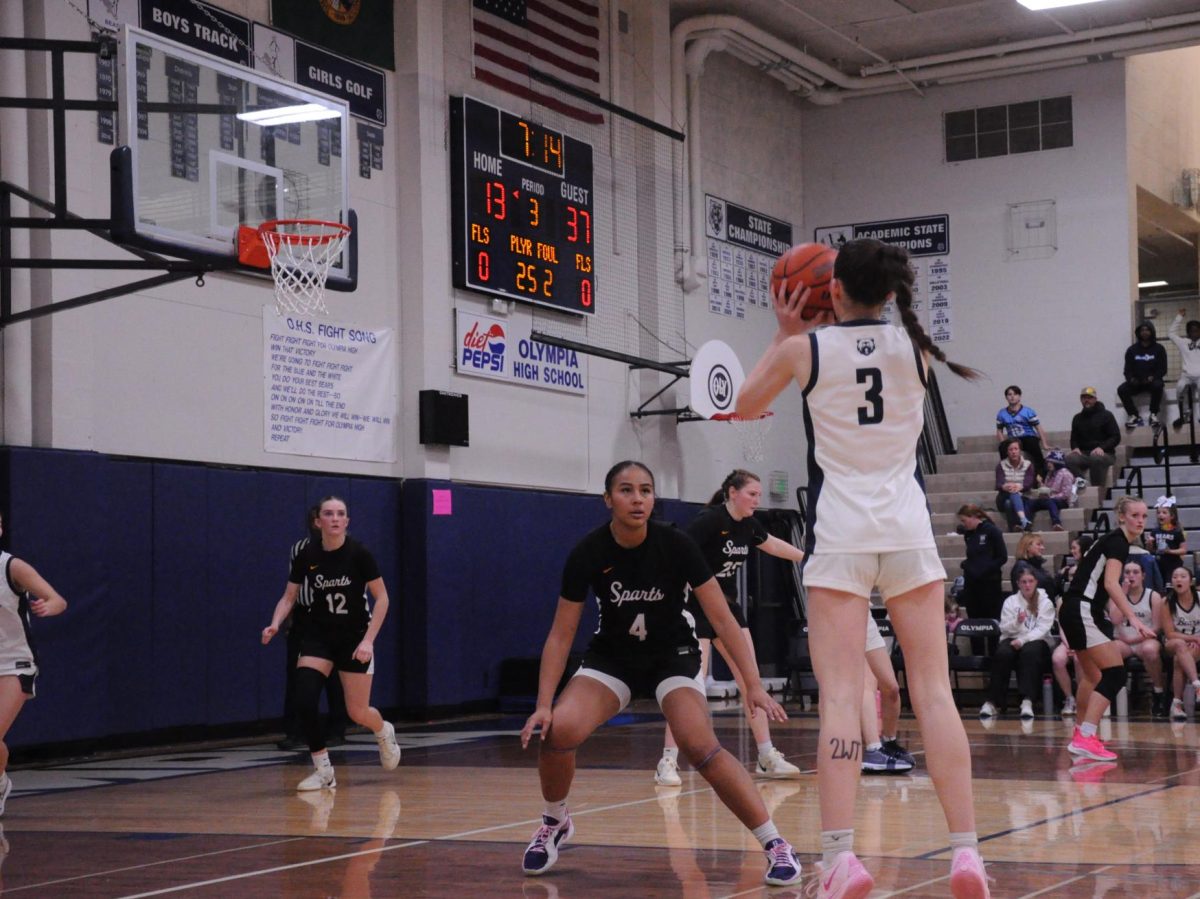


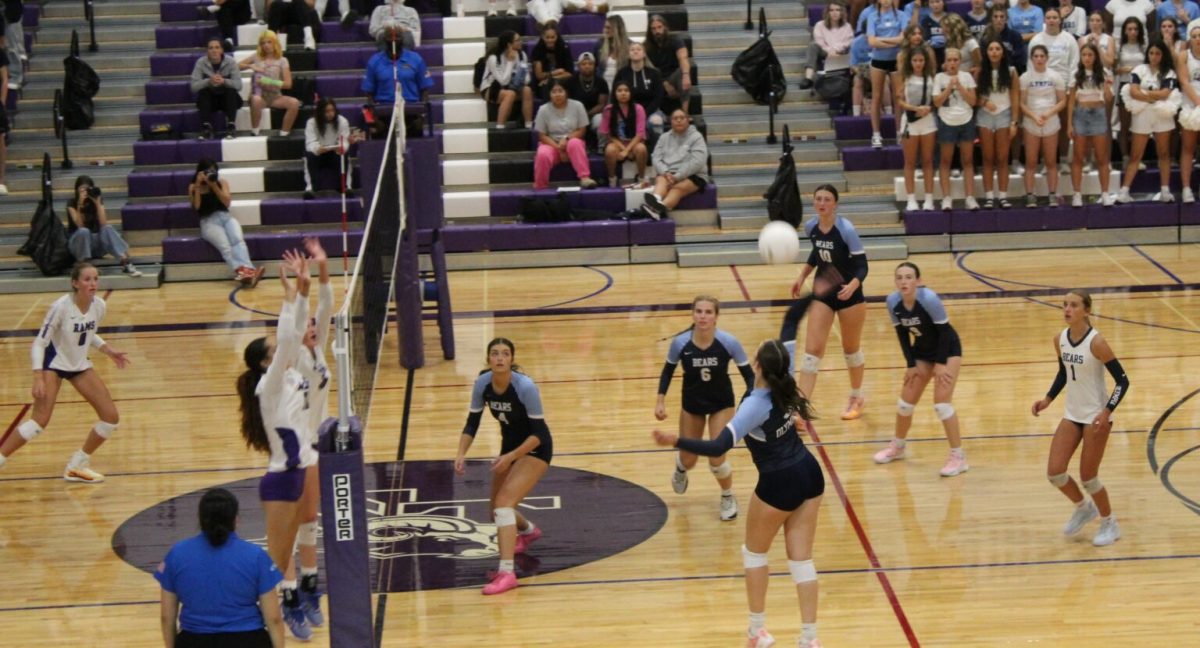
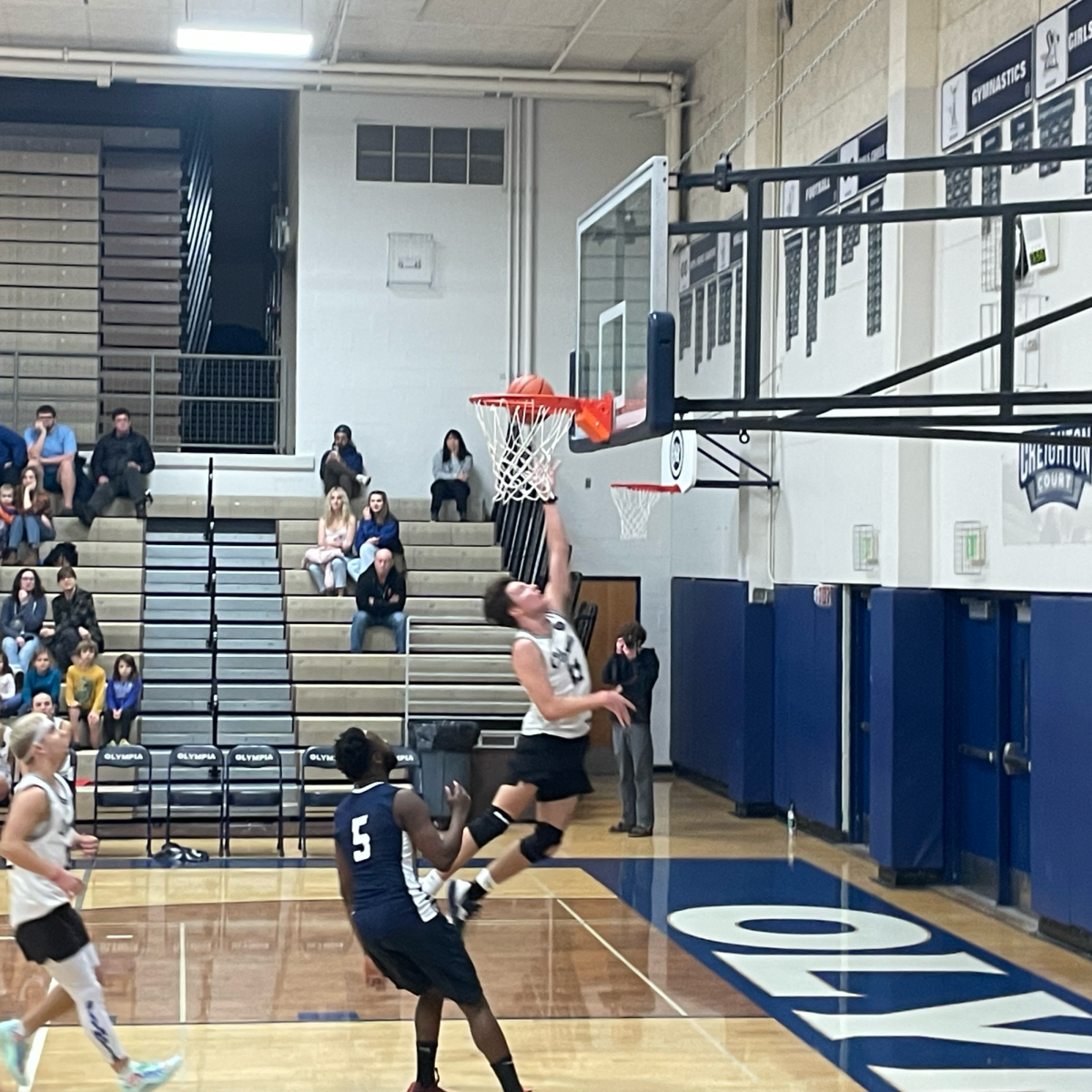
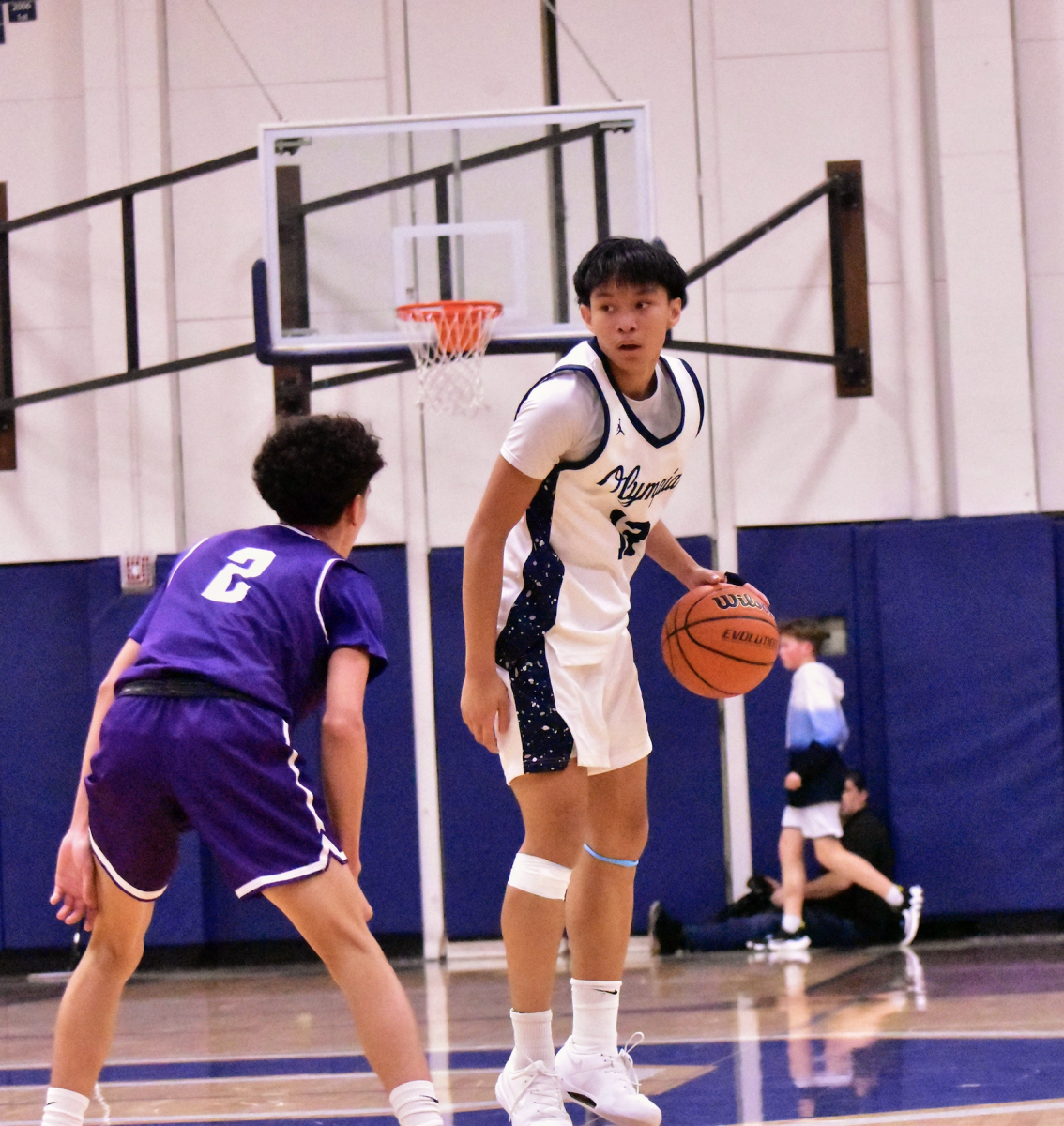



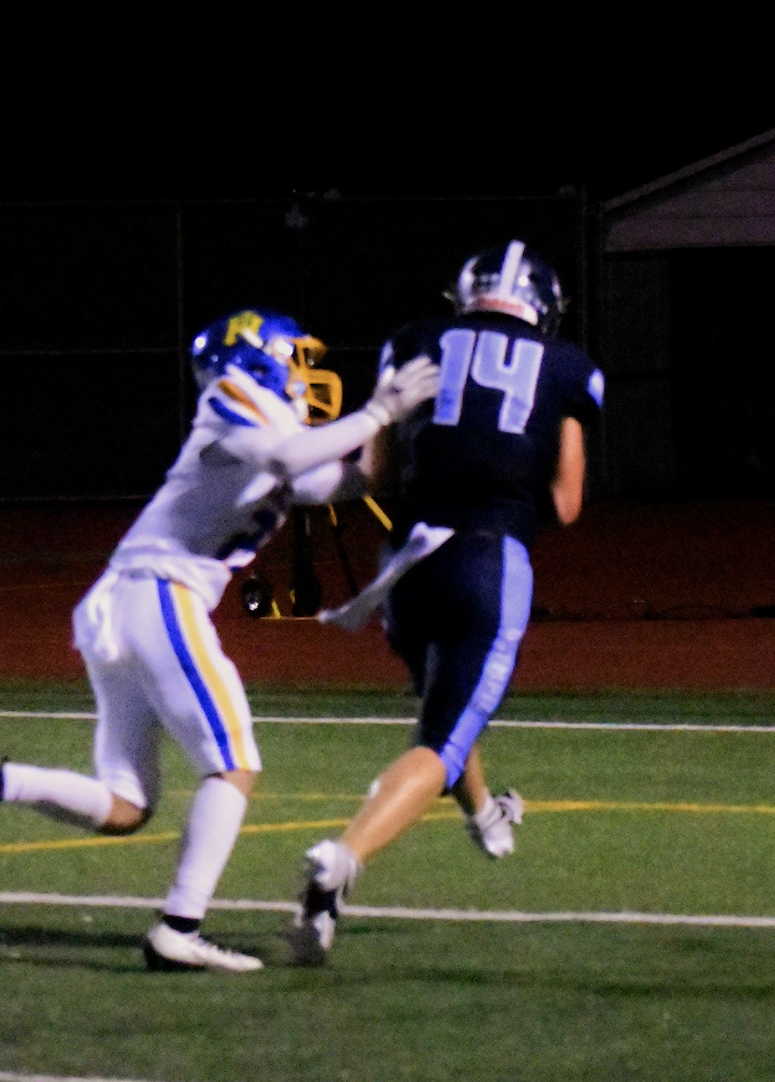

Kyodee – Feb 11, 2024 at 2:02 pm
Stop Blaming 15 yo Valieava! Blame her “coach”, & the others that have controlled her life for Years! She had no power to do Anything except to do what the people around her told her she needed to do to skate. This is Russia, remember?
Kyodee – Feb 11, 2024 at 2:02 pm
Stop Blaming 15 yo Vileava! Blame her “coach”, & the others that have controlled her life for Years! She had no power to do Anything except to do what the people around her told her she needed to do to skate. This is Russia, remember?